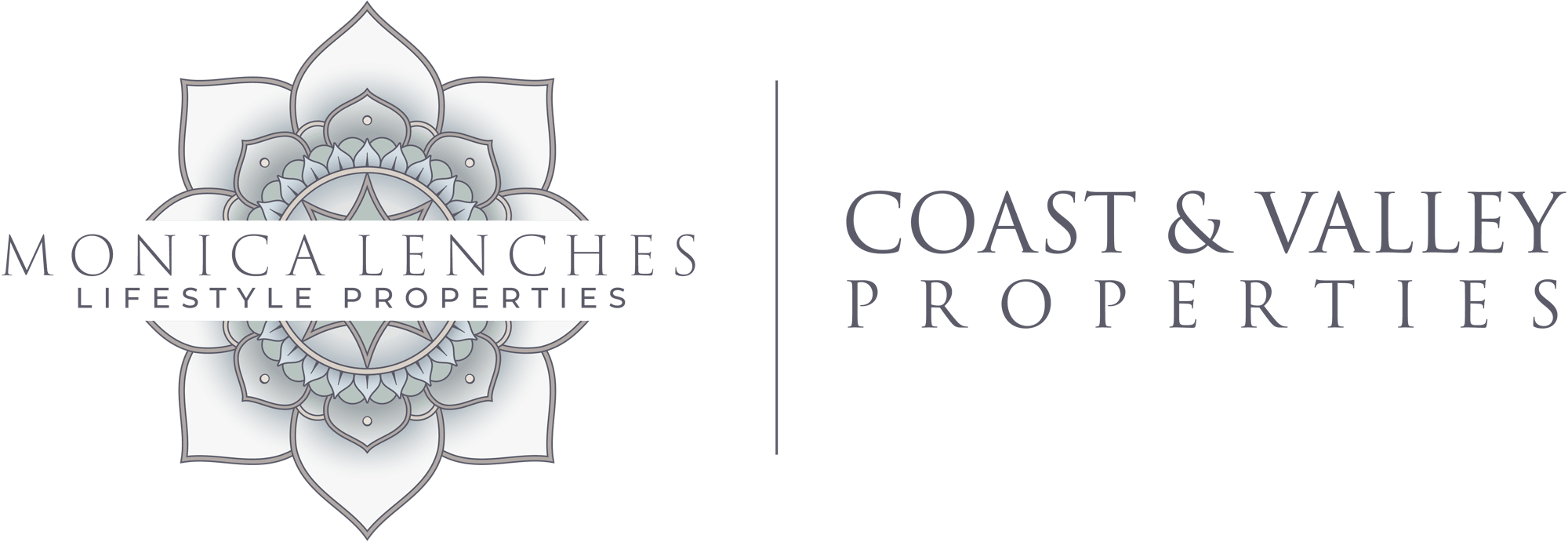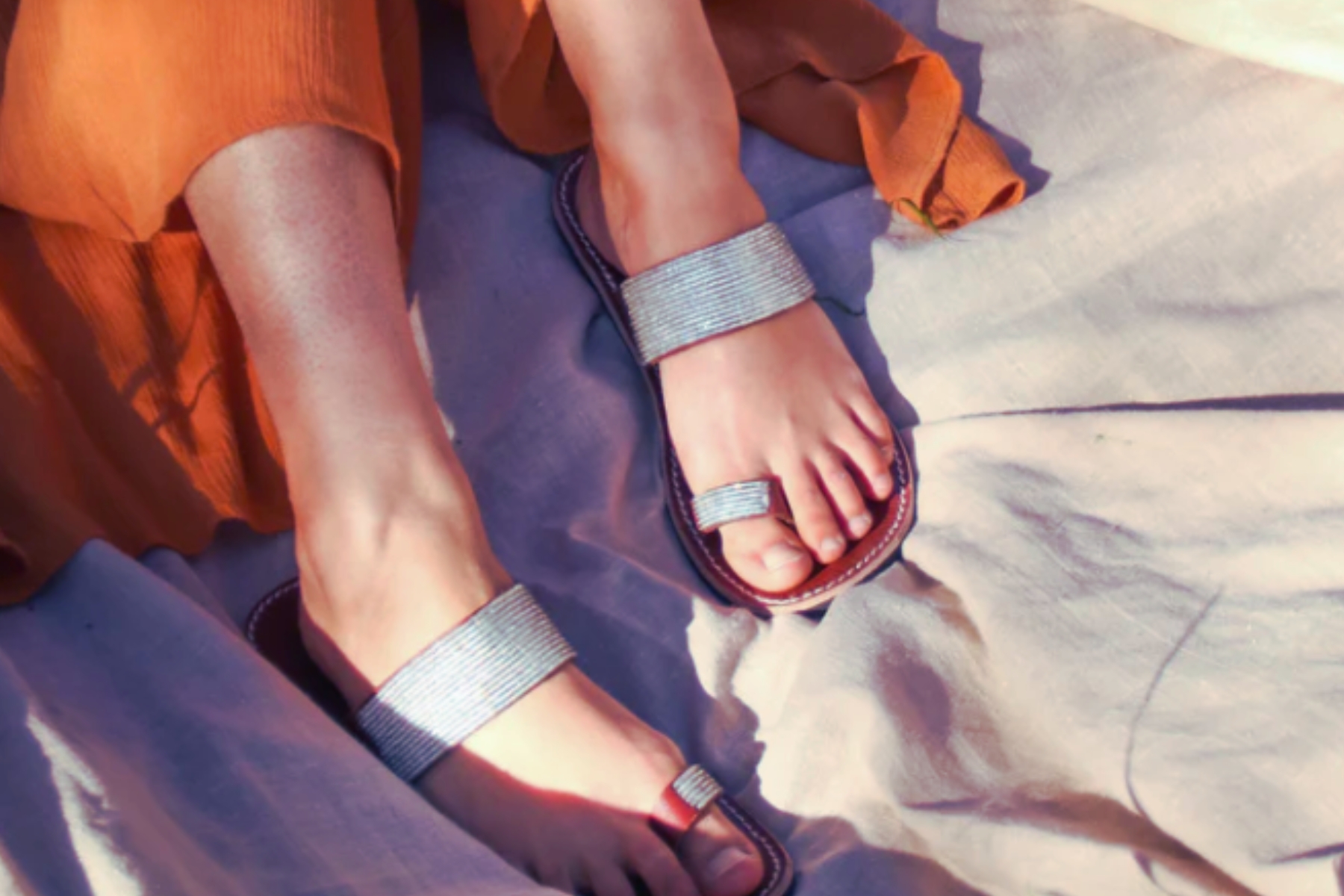How Do Goods Do Good?
An interview with Caleigh Hernandez, founder/owner of RoHo
ML/CR: Tell us about your company RoHo.
CH: “RoHo” in Swahili means spirit and kindness and that inspires everything we do.
We partner with artisan groups across Kenya who handcraft unique, interesting products and share them with consumers in the US. From hand-beaded sandals to our signature cowhide bags and custom home goods, we offer beautiful, high-quality pieces that empower people through dignified work.
ML/CR: How did your company get started?
CH: I never thought I’d end up owning an accessories company, much less one that works in East Africa. It all began while I was in college working in Uganda for a local nonprofit. While there, I came across a beautiful pair of sandals in a local craft market that became the inspiration for RoHo.
The following summer I returned to East Africa to conduct research while also mapping out the artisan groups producing these beautiful sandals. I was put in touch with a woman named Lydia who works with 42 artisans in coastal Kenya. I explained my idea of importing her shoes to the US and creating a socially responsible business. She told me about Kenya, her background as a successful woman entrepreneur, and the intricacies of sandal making. This laid the foundations for RoHo.
I went on to work for nonprofits in Kenya and Tanzania while also developing the initial product line for RoHo. It was my goal through this company to create a way for consumers to be immediately impactful in their purchases. When I returned from East Africa in 2016, RoHo was off the ground running.
ML/CR: What are your company’s values?
CH: At RoHo we say we have goods that do good. We’re committed to social change and do this in three ways—beautiful products, ethical work, and economic empowerment.
ML/CR: What does it look like to be living or operationalizing those values in your business on a daily basis?
CH: First, our products are stunning – each product is handcrafted and hand tooled using the finest materials available in Kenya. We’re committed to ensuring our artisans make the highest quality, most beautiful products they can. And consumers can appreciate the work that went into these works of art.
Second, we are dedicated to making a conscious effort to be responsible and ethical in our business practices and giving model. We are committed to our artisans and their well-being. We pay them wages far higher than the industry standard and ensure they’re working in a safe environment. Additionally, we provide our artisans with education grants to send their children to quality schools in the area. At the same time, we are working to make our supply chain more transparent so that our customers get to know the faces behind their products.
Third, we’re working to break the cycle of poverty by helping people help themselves. RoHo is doing this by creating opportunities in a place where there are few. By collaborating with five artisan groups across Kenya, we’ve been able to expand from solely sandals into other accessories and home goods as well. We’re working with 400 artisans, 95% of whom are women, and a majority have a middle school education or less, so their economic prospects aren’t very promising in the formal sector.
ML/CR: What inspired your business model?
CH: While at university I took a class on a topic called International Development, which investigates how we reduce poverty. This can be done through education, healthcare, economic empowerment, etc. But it can be easily done incorrectly. To this point, one of my professors told me a story that has hugely impacted my work to this day:
An organization established a water well for women in a community in Sudan. Women here walk 3 miles each way just to collect drinkable water for themselves and their families. This organization realized how burdensome and inefficient this was and built a well in the community for its members to use. They thought they had solved the problem, saving women several hours a day in lugging water. These women could now spend time on other, more lucrative activities. But when these aid workers returned to the village 6 months later they found that the well had been purposely destroyed. They were dumbfounded. Who would want to destroy the well that saved these women hours a day?
It turns out the women themselves broke the well. The humanitarians had not done a proper assessment of this community and did not understand the root the issues in the area: domestic violence and unemployment.
They assumed the lack of a well was the problem, disregarding high unemployment rates for men and soaring domestic violence rates within the community.
With the well fixed and women spending several more hours at home with their husbands, domestic violence rates increased. These women loved spending hours a day collecting water because it was a reprieve from the constant abuse they faced in their homes. Because domestic violence is commonplace in many rural villages with no legal repercussions for these men, women have no way out of their abusive situations.
Until the domestic violence and unemployment issues are addressed, the women prefer the arduous task of lugging water. (Note: no one in the village had been trained to fix the well if it broke.) My professor’s key point was that the humanitarians did not take the time to understand the context in which they were working, and the results were painful consequences for the people they were trying to help.
This story along with my experiences in Uganda, Kenya and Tanzania impacted me greatly and had a huge influence on how we designed and continue to build RoHo. Listening to the needs of our artisans rather than imposing our ideas of what support should look like has been of utmost importance to me and everyone on our team.
Monica & Claudia
Caleigh Hernandez can be reached at (435) 901-0656 or [email protected]
ww.RoHoGoods.com
To enjoy the full video interview, visit: www.monicalenchesre.com/community-matters


